ASA | Life at The Extremes – trials on Everest & adapting to hypoxia
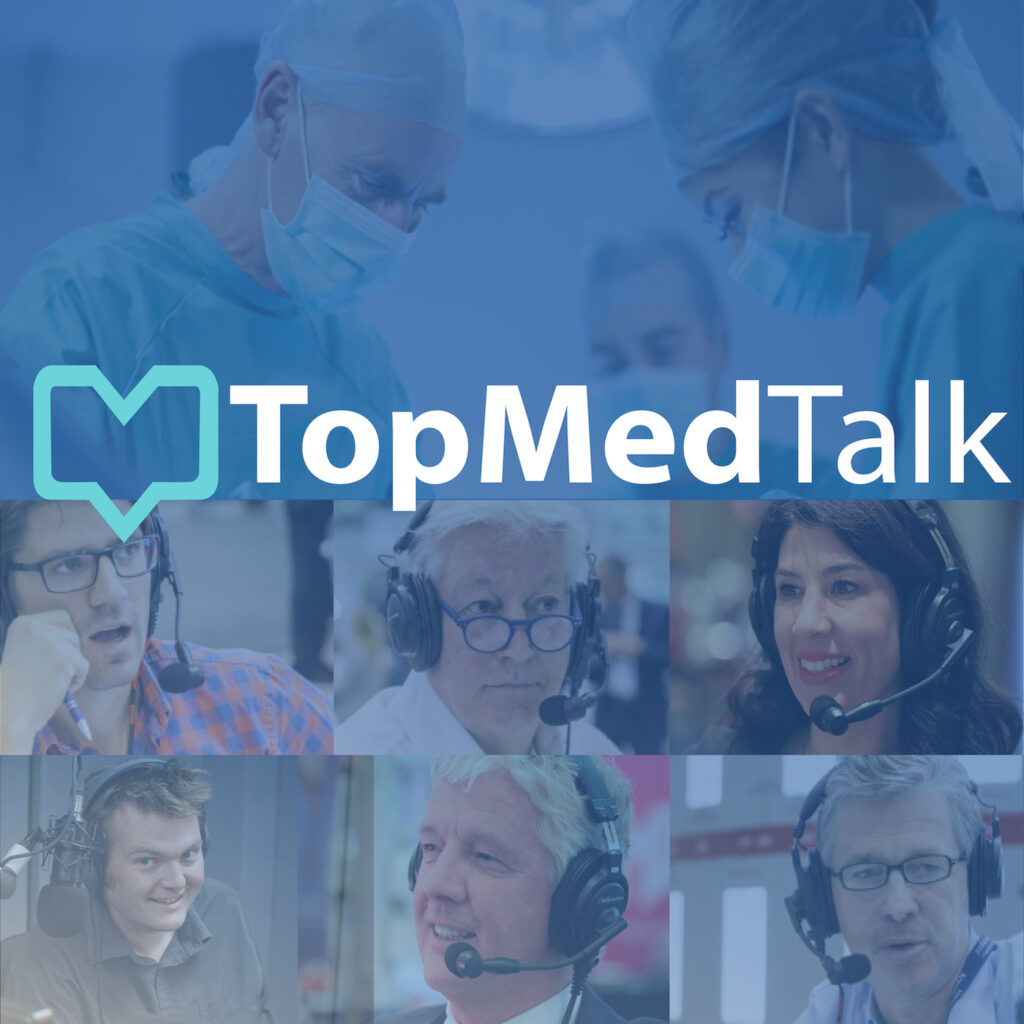
A discussion about oxygen and the Xtreme Everest research studies into human adaptation to hypoxia. How does the human body adapt to extreme conditions? We assume it will inevitably cause damage but this is not always the case. How do people who have inherited a tolerance for low levels of oxygen manage? Monty Mythen, Mike Grocott and Joff Lacey are joined by special guest Dr Dan Martin OBE, Consultant in Intensive Care and Everest summiteer.
Xtreme Everest Extra | Hypoxia and the Brain
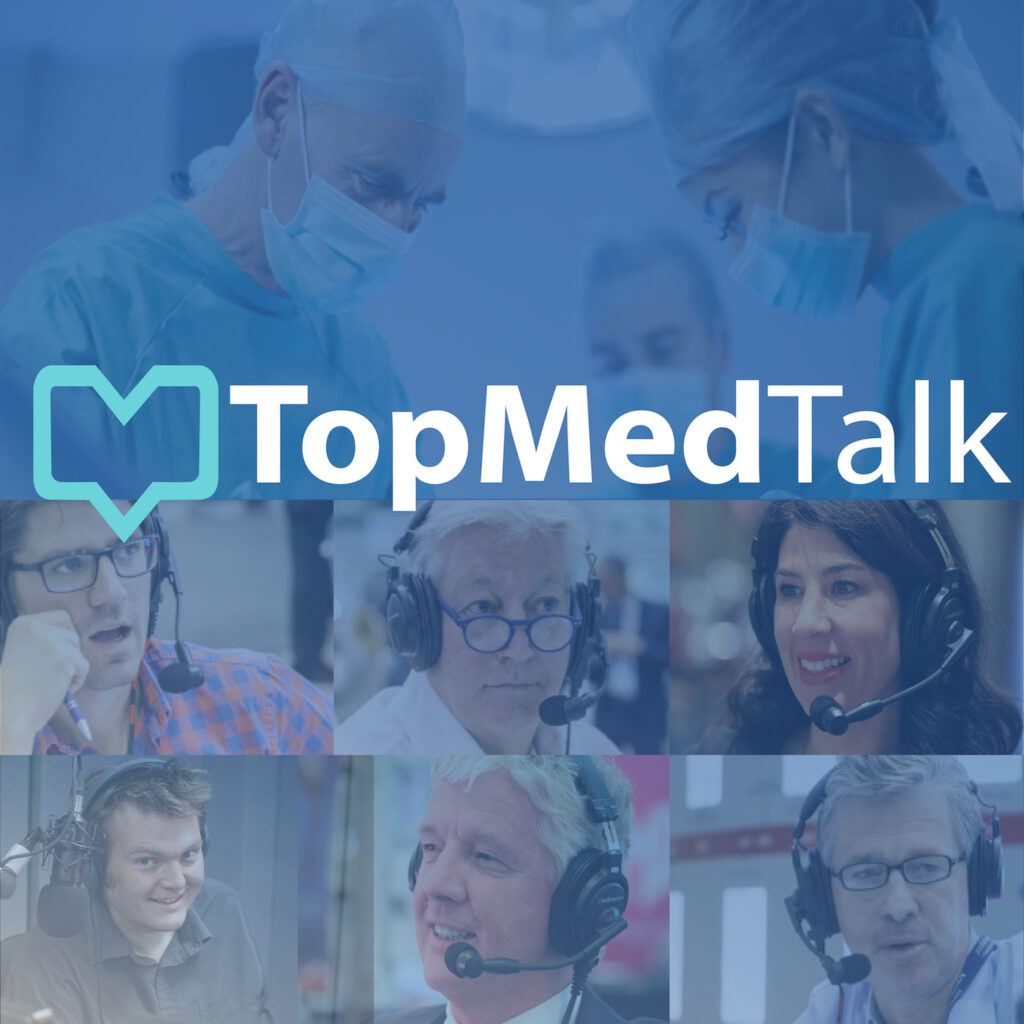
This special four part series explores the fascinating story of Xtreme Everest – the ground-breaking, research programme that has pursued a novel approach to scientific exploration. Over the last decade, this innovative team has performed large scale studies at high altitude to mimic some of the effects of critical illness. The objective is for their findings to be brought “from the mountainside to the bedside” so that the care for our sickest patients may be improved. In this podcast, Chris Imray, describes the physiological changes within the brain when exposed to the hypoxic conditions of high altitude and how our understanding of this may change the management of patients. Presented by Joff Lacey with his guest Chris Imray, a Consultant Vascular Surgeon at University Hospitals Coventry and Warwickshire NHS Trust and a Professor at Warwick Medical School. Chris is a passionate climber and has long been involved in altitude research. He was the deputy climbing leader for the 2007 Xtreme Everest expedition and was part of the summit team.
Xtreme Everest Extra | Unlocking the Secrets of the Mighty Mitochondria
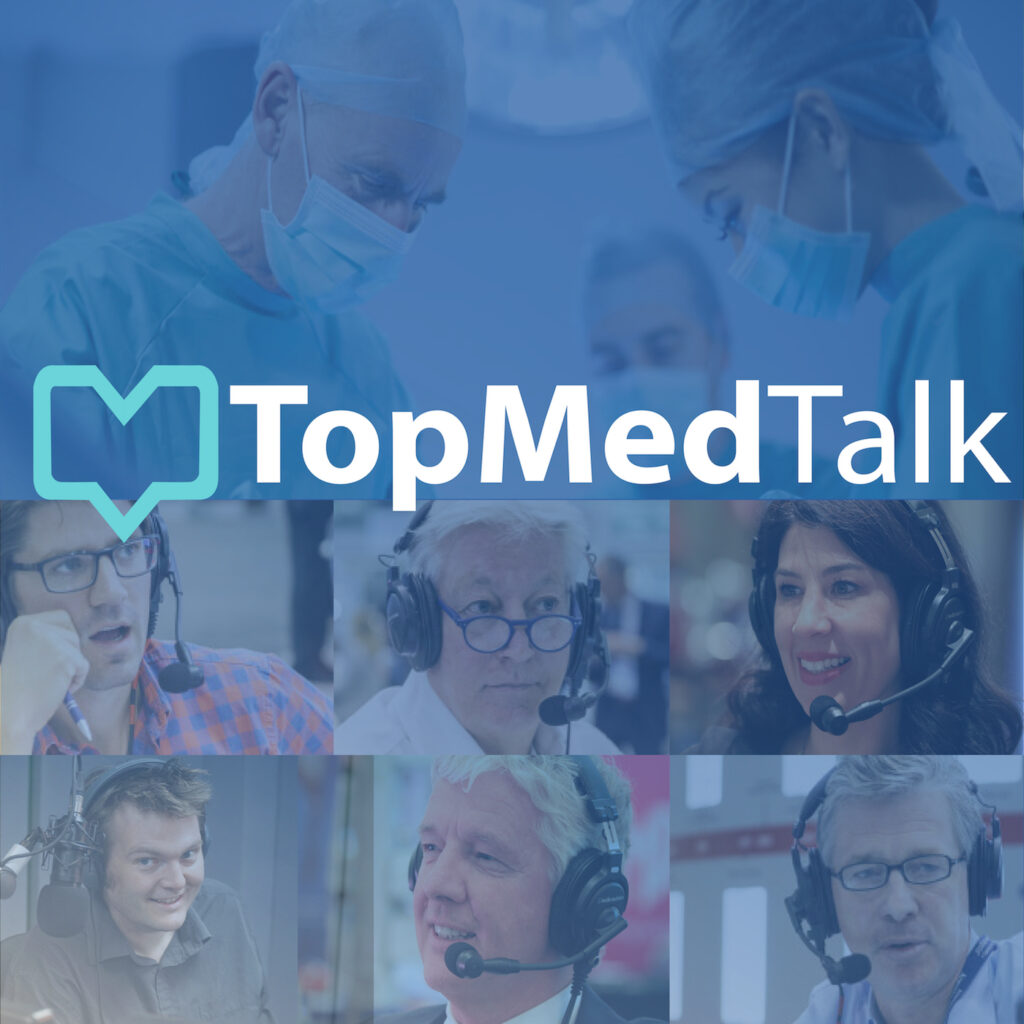
This special four part series explores the fascinating story of Xtreme Everest – the ground-breaking, research programme that has pursued a novel approach to scientific exploration. Over the last decade, this innovative team has performed large scale studies at high altitude to mimic some of the effects of critical illness. The objective is for their findings to be brought “from the mountainside to the bedside” so that the care for our sickest patients may be improved. In this podcast, Andrew Murray, discusses the findings from his studies on Everest in which he has investigated novel mechanisms that control mitochondrial function under hypoxic conditions. It is hoped that his discoveries will facilitate major breakthroughs in tailoring medical interventions to improve the outcome of critical care patients. Presented by Joff Lacey with his guest; Andrew Murray a reader in metabolic physiology at the University of Cambridge. Since 2005, Andrew has been a member of the Xtreme Everest research group, studying mitochondrial function in cardiac and skeletal muscle at high altitude.
Xtreme Everest Extra | The Significance of the Microcirculation
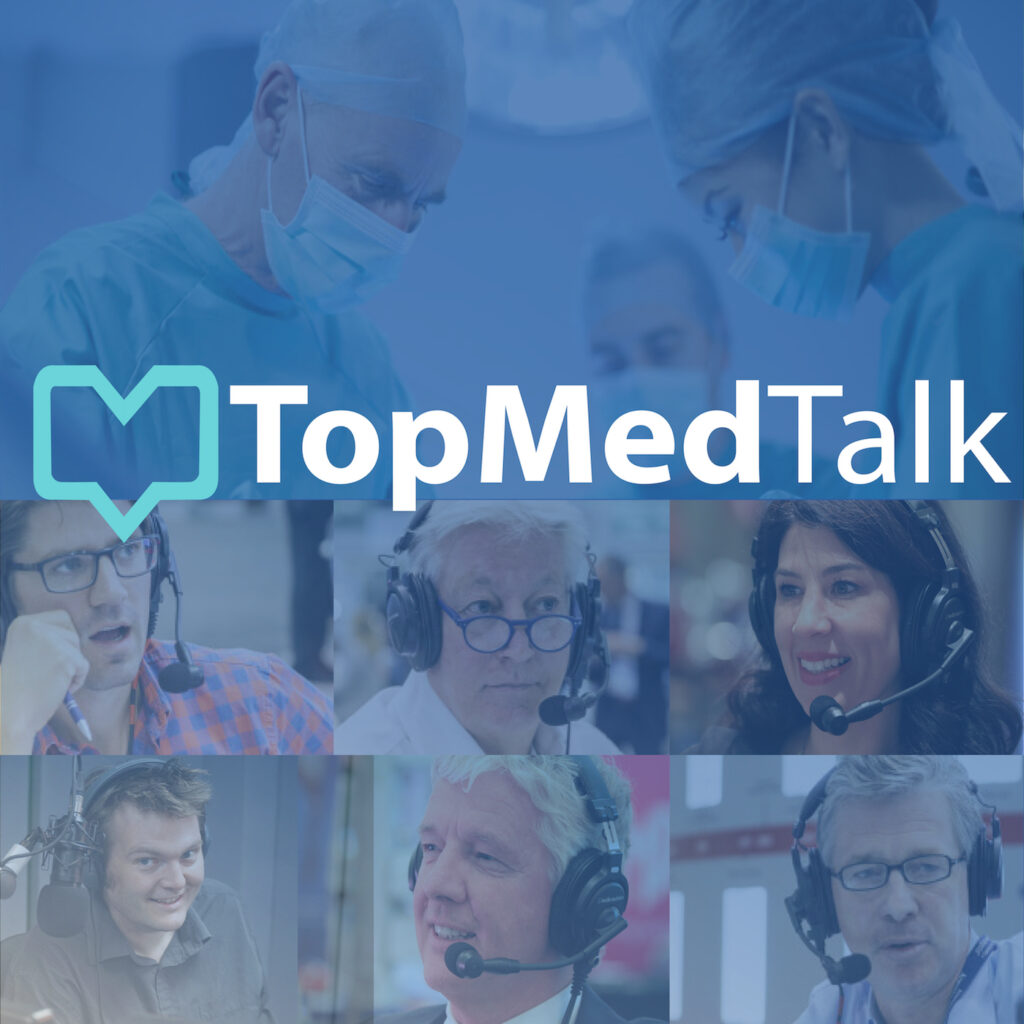
This special four part series explores the fascinating story of Xtreme Everest – the ground-breaking, research programme that has pursued a novel approach to scientific exploration. Over the last decade, this innovative team has performed large scale studies at high altitude to mimic some of the effects of critical illness. The objective is for their findings to be brought “from the mountainside to the bedside” so that the care for our sickest patients may be improved. In this podcast, Dan Martin, explains the fascinating discoveries that his team have made about the microcirculation and how it may adapt to the challenge of hypoxia. Alterations to the microcirculation may be instrumental in the body’s ability to cope under hypoxic conditions and could be become a target for interventions in critical illness. Dan Martin is a reader in perioperative and critical care medicine at UCL and consultant in critical care at the Royal Free Hospital in London. He was the research lead for Xtreme Everest in 2007 and expedition lead in 2013.
Xtreme Everest Extra | The Problem with Hypoxia – the inception of Xtreme Everest
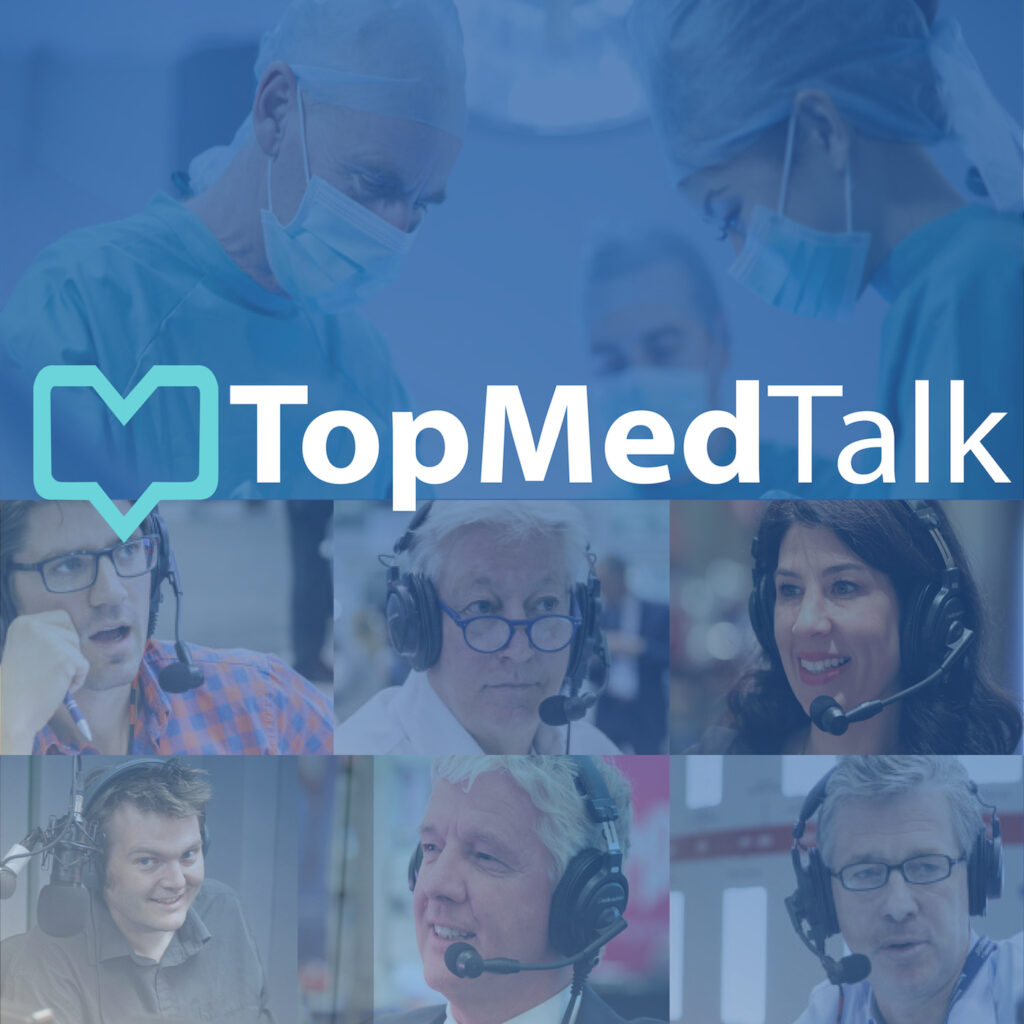
This special four part series explores the fascinating story of Xtreme Everest – the ground-breaking, research programme that has pursued a novel approach to scientific exploration. Over the last decade, this innovative team has performed large scale studies at high altitude to mimic some of the effects of critical illness. The objective is for their findings to be brought “from the mountainside to the bedside” so that the care for our sickest patients may be improved. In this podcast, Denny Levett explains the complex and unpredictable nature of hypoxia, its prevalence in critical care and why there was the scientific demand to head to the world’s highest mountain in search of answers to this clinical challenge. Presented by Joff Lacey with his guest Denny Levett, a consultant in perioperative medicine and critical care at Southampton University Hospital and deputy research leader for the Xtreme Everest expedition in 2007.
Oxygen and Altitude | #ASM24BRIS

“TopMedTalk Down Under” continues ‘as live’ coverage of the 2024 Australian and New Zealand College of Anaesthetists (ANZCA) and Faculty of Pain Medicine’s Annual Scientific Meeting. This piece sees us ascend into the world of early human flight and the use of oxygen. Presented by Andy Cumpstey, Clinical lecturer, University Hospital Southampton NHS Foundation Trust and the University of Southampton, England, and Kate Leslie, Professor, Specialist Anaesthetist and Head of Research at the Royal Melbourne Hospital and the University of Melbourne with their guests Christine Ball, Honorary Curator at Geoffrey Kaye Museum; Anaesthetist, Alfred Hospital; Adjunct Associate Professor, Monash University and Dan Martin, OBE, Professor of Perioperative and Intensive Care Medicine, University of Plymouth, Consultant in anaesthesia and intensive care medicine, Derriford hospital. You can find out more about ANZCA here: https://www.anzca.edu.au/ Dan has previously appeared on TopMedTalk and we highly reccomend this piece here if you want more: https://topmedtalk.libsyn.com/asa-life-at-the-extremes-trials-on-everest-adapting-to-hypoxia
“I know nothing…” Hugh Montgomery – Ernest Henry Starling Plenary Lecture | EBPOM 2022
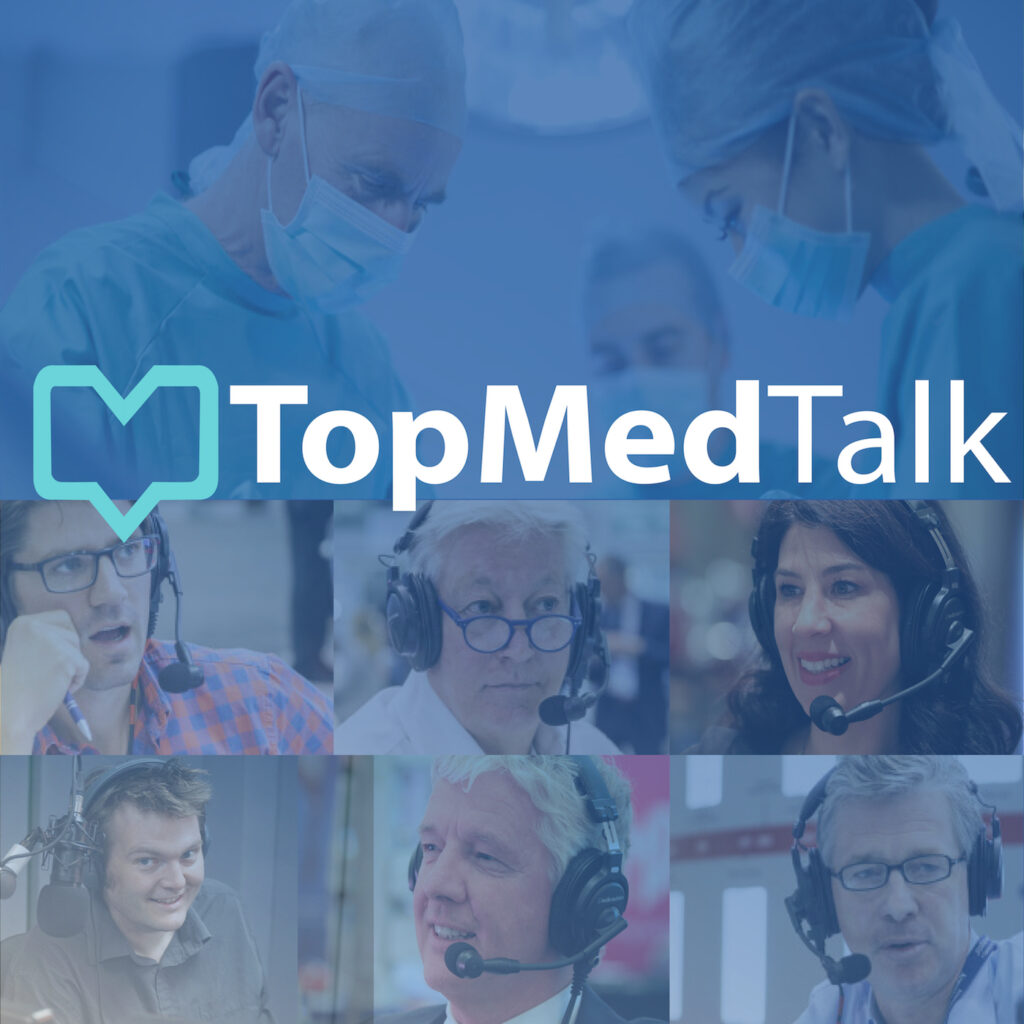
“We need to stop accepting the tenants we’ve all been given throughout our careers and accept that maybe we’ve been misinformed and maybe we’ve misinformed ourselves and have a bit of humility and start again” The Ernest Henry Starling Plenary Lecture; a stand out moment from EBPOM 2022, London. Our speaker calls for medicine to significantly reevaluate itself and focus upon the caring aspect of ‘intensive care’. Presented by Hugh Montgomery OBE; Hugh obtained a first class degree in cardiorespiratory physiology and neuropharmacology, before graduating from the Middlesex Hospital Medical School in 1987. He has since accredited in general medicine, cardiology and intensive care medicine, and is UCL Professor of Intensive Care. He directs the UCL Institute for Human Health and Performance, and was science lead for Caudwell Xtreme Everest in 2007. He has published over 180 scientific articles, and has a specific interest in hypoxiac adaptation. Hugh has previously presented a piece here on TopMedTalk on the subject of Nasogastric Feeding: https://www.topmedtalk.com/intensive-care-society-nasogastric-feeding/
TopMedTalk | CPET Cardio Pulmonary Exercise Testing
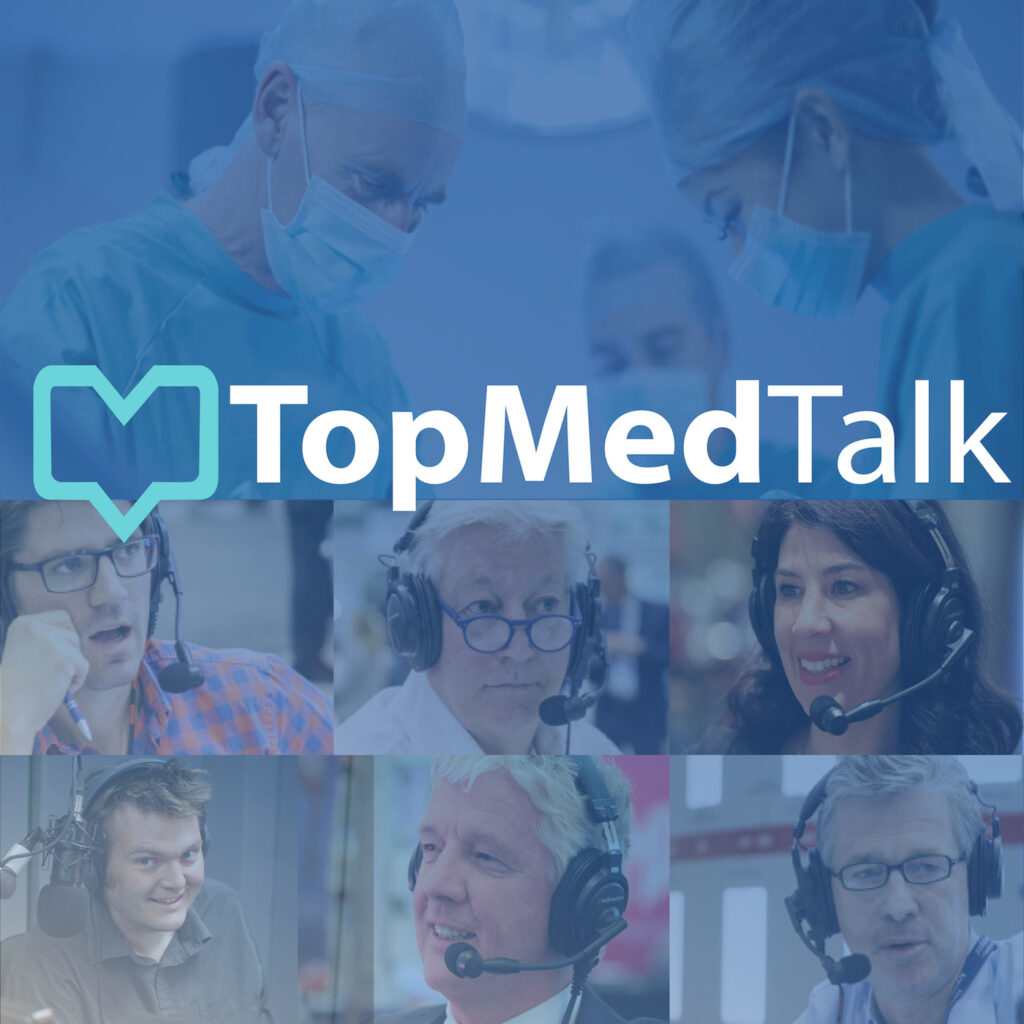
Everything you ever wanted to know about CPET (Cardio Pulmonary Exercise Testing) but were too afraid to ask; this conversation is a fascinating deep dive into the topic with two experts in the field. Discover how widely practiced this technique is across the UK, hear about the advantages people who use it have in terms of outcomes and patient safety. Also, what do institutions then do with the data and how does that increase our understanding of the human body? Some of the UCL podcasts mentioned in the piece are available here: Introduction to Cardio Pulmonary Exercise Testing – https://www.youtube.com/watch?v=U_0Gi0gozgU Cardio Pulmonary Exercise Testing: Setup – https://www.youtube.com/watch?v=qW9KFo0kiMk Check out their YouTube channel for more: https://www.youtube.com/channel/UC_NlyaSqWQngSCFF1LLHW8w The POETTS website is here: https://poetts.co.uk/ Finally, our excellent Xtreme Everest podcast archive is here: https://www.topmedtalk.com/category/conferences/xtreme-everest/ Presented by Desiree Chappell with Monty Mythen and their guests Jeroen Molinger, Clinical Medical Exercise Physiologist at Duke University Medical Center, Department of Anesthesiology & ICU and John Whittle, assistant Professor at Duke University Medical Centre.
COVID 19 | Oxygen economy, CPAP and ventilators
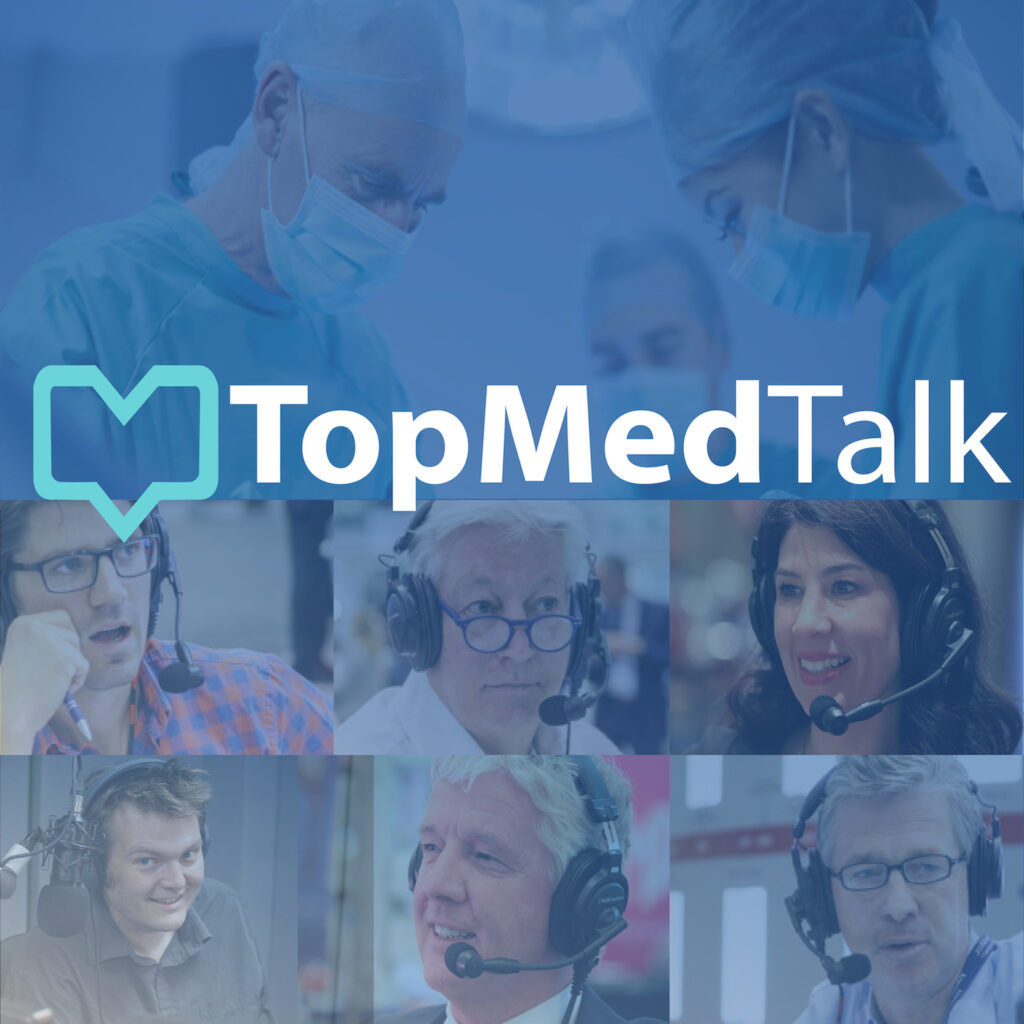
Our guest is an intensivist and specialist in dangerous transmissible diseases as well as being one of the scientists who took part in the Xtreme Everest expedition which investigated the effects of human tolerance of hypoxia. What about continuous positive airway pressure (CPAP)? Information suggests this may be more useful as we head into the pandemic stage “based on the experience the Italians are describing to us”. This piece looks at how the UK is preparing to tackle the global pandemic before asking some important questions about oxygen supplies. There’s a tendency for people to use more rather than less, should we look to reverse this? “We give people a range to put their oxygen saturation between and people naturally want to go for the higher end of that target,” in this time of crisis and potential shortages is it important to change that habit? “The whole National Health Service has changed its thinking…” the piece wraps with some thoughts about how enticing it is to see the UK’s Government and health service move to stop medics being bound by red tape and overly strict guidelines. Presented by Monty Mythen with his guest Dan Martin, OBE, Anaesthetist and Intensivist at the Royal Free Hospital and Reader at University College London (UCL). Link to the story about the Critical Care Nurse who attracted the nation’s sympathy in the press recently: https://www.standard.co.uk/news/uk/nurse-urges-public-stop-panic-buying-dawn-bilbrough-a4392596.html For more of our COVID 19 coverage go here: https://www.topmedtalk.com/covid-19/ Thank you to our sponsor Edwards Lifesciences. Edwards clinical education (ECE): https://www.edwards.com/clinicaleducation
ANES19 | Greg Fischer
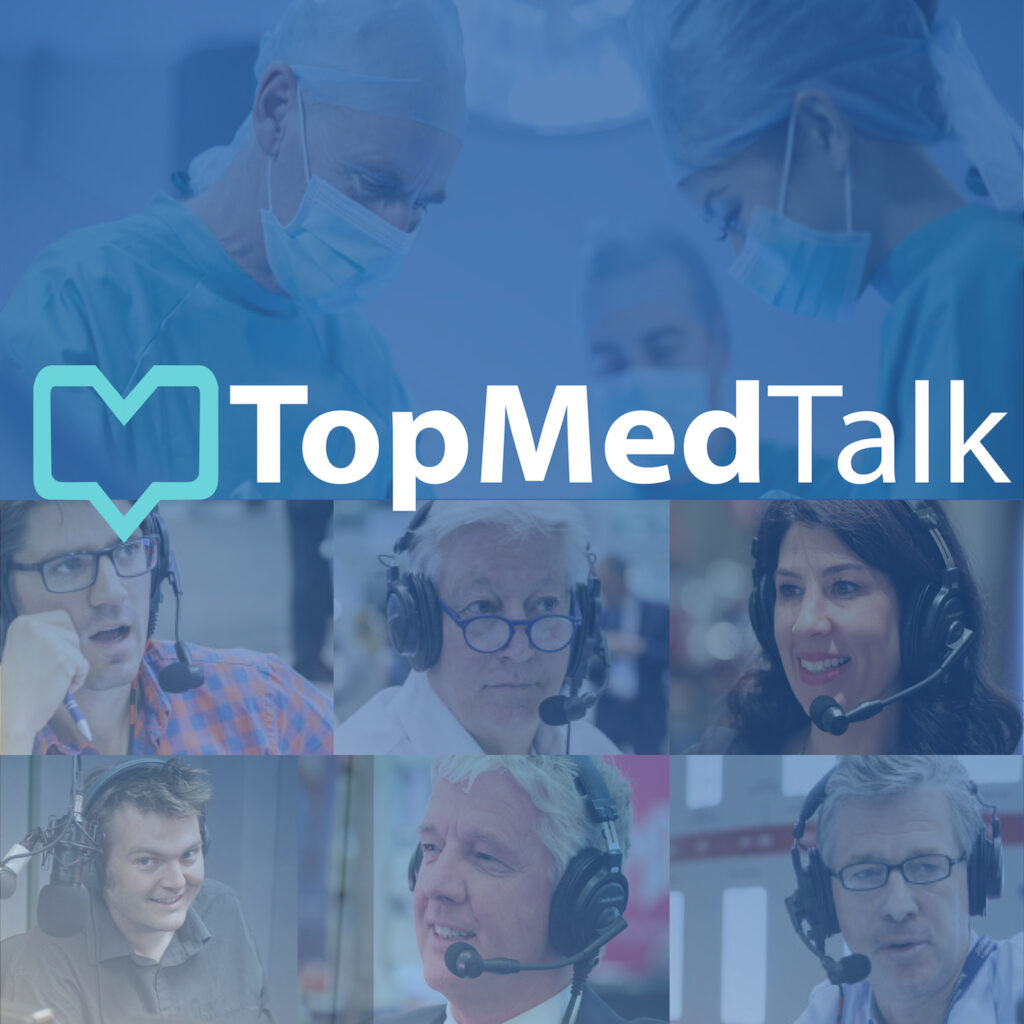
The TopMedTalk team are live from Anesthesiology 2019 at the Orange County Convention Center in Orlando. With over 14,000 delegates, clinicians, thought leaders and professionals, it’s the largest gathering of Anesthesiologists and Anesthesia providers in the world. Check out the www.topmedtalk.com website now to hear live audio, while you are there remember to subscribe for updates so you can always be one step ahead of the crowd. Also, if you fancy watching the show as it happens go to our Twitter feed www.twitter.com/topmedtalk to see the team in action. This piece focuses upon cerebral oximetry. Can it help practitioners monitor cerebral oxygenation in situations in which pulse oximetry alone may not be fully indicative of the oxygen in the brain? How does it relate to hypoxia? This piece is a deep dive into the technology and its front line applications. Presented by Desiree Chappell and Monty Mythen with Mike Grocott, Professor of Anaesthesia and critical care at the University of Southampton and their guest, Greg Fischer, Chairman, Department of Anesthesiology & Critical Care Medicine at Memorial Sloan Kettering Cancer Center. — Like this, want more? Mike mentions the exciting research done during Xtreme Everest, hear his engaging lecture on that project here: https://www.topmedtalk.com/10-xtreme-everest-physiology-on-top-of-the-world/
